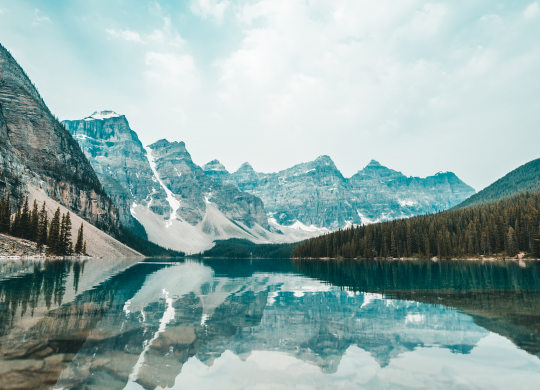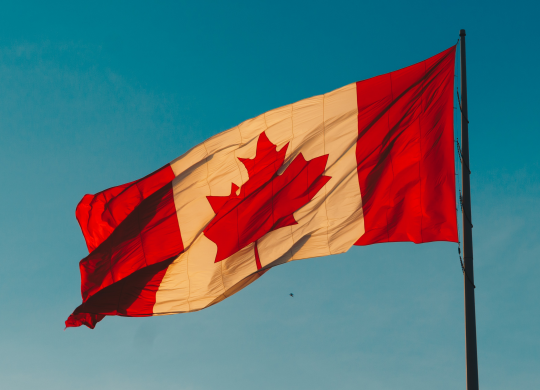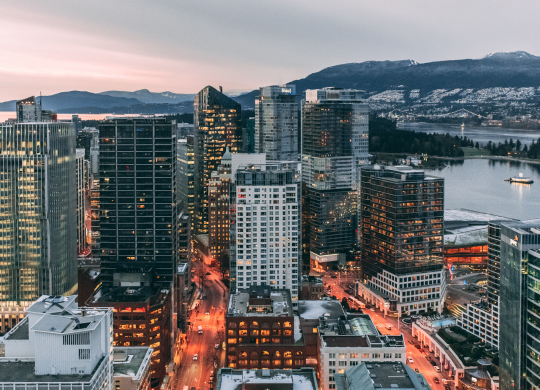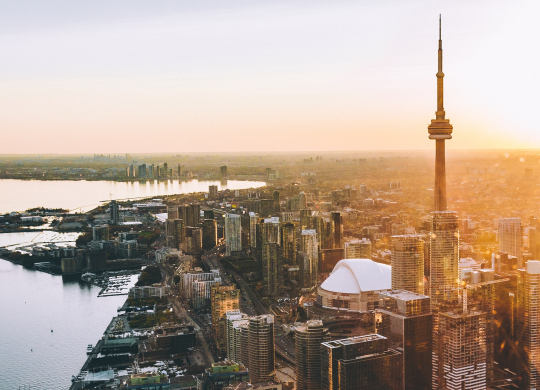Travel to Canada: what tourists need to know before a trip to Canada
Table of contents

Canada has a huge and developed tourism industry. The second largest country in the world. The incredible geographical diversity of Canada is an important component of tourism. The country has a lot of interesting places to go, both alone and in the company. There is something to see.
Much of Canada's tourism is concentrated in the following regions: Toronto, Montreal, Vancouver/Swistoon, Niagara Falls, Vancouver Island, Calgary/Canadian Rockies, British Columbia, Okanaganaganza Valley, and National Capital Region Ottawa. Major cities are known for their culture, diversity, and many national parks and historic sites.
Rules for entering the country
The Visa Waiver Program (VWP) allows citizens of certain countries to travel to Canada without a visa. Instead of a visa, you will need to apply for an eTA (electronic entry permit).
Citizens of other countries will need to apply for a tourist visa. Temporary resident visas and transit visas are valid for six months. Still, the period of stay is determined by the length of time indicated on the invitations or hotel reservation and the decision made by the Canada Border Services Officer upon arrival in the country (the specific length of stay is written under the stamp upon entry).
Visa processing time ranges from 5 - 10 days to 14 days. If an interview is required, the applicant will be notified five days in advance.
The consular fee is not refunded if the visa is refused. A consular fee must also be paid for children. The fee is payable only at the Canadian embassy visa office cashier's office. It is advisable to start your visa application at least 6 months before you travel. You can apply directly at the embassy or complete the e-visa application form online.
It is recommended to take care of travel medical insurance, which protects against risks in case of unforeseen situations. Choosing the right plan that will meet your needs is very important. Therefore, it is better to trust in this matter to qualified professionals who will help you choose safe insurance for a trip abroad.
Documents You Need
Documents for the visa:
- a passport that is valid for at least 6 months from the end of the trip;
- photocopy of the first page of the passport with the applicant's data;
- 2 photos;
- completed application form;
- application form "Additional information";
- itinerary description in English or French;
- confirmation of hotel reservation with an invitation;
- proof of sufficient funds for the trip;
- an original certificate from your place of work stating your position, seniority, and salary. The certificate must be in English or French or be accompanied by a certified translation;
- pensioners must submit a copy of a pension certificate, a letter of sponsorship from a relative, a certificate from their place of work stating the position, length of service, salary, and a copy of the first page of their passport;
- for students and schoolchildren a birth certificate (copy), certificate of the place of study, copy of student ID card, parents' application for sponsorship of the trip, and documents confirming their financial well-being and ability to pay for the trip;
- for children accompanied by a parent or third party, a copy of a notarized authorization from the parent to take the child on a trip.
Be sure to check with the embassy in advance about all visa requirements. It is also advisable to consult a qualified lawyer to clarify the details of the documents and insurance.
Find more information about insurance in Canada here.
Card and cash
In Canada, the official currency is the Canadian dollar. You can also pay in dollars and euros. Both cash and cards are widely accepted in the country. You can exchange currency at any bank, exchange office, hotel, or airport. There are many ATMs in cities, so you should have no problem withdrawing money.
Recommended articles
3 min
Treatment
3 min
Residence permit
3 min
Education
All materials and articles are owned by VisitWorld.Today and are protected by international intellectual property regulations. When using materials, approval from VisitWorld.Today is required.

